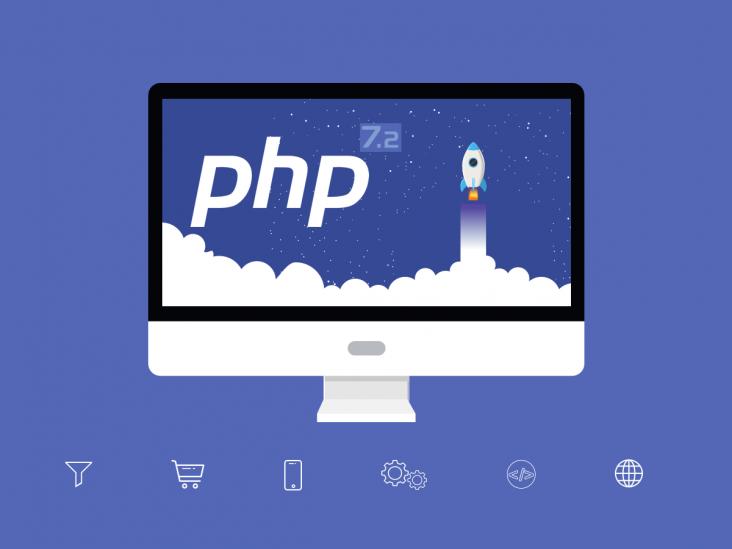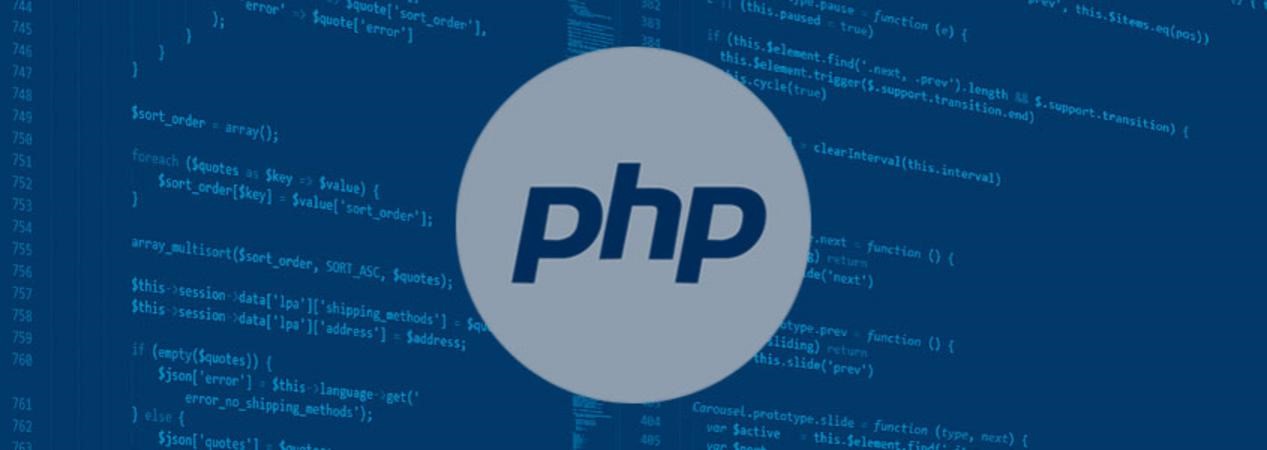
PHP is a common open-source scripting language. PHP syntax absorbs the traits of C language, Java and Perl. It is easy to learn. It is suitable for the field of Web development. PHP's unique syntax is a mixture of C, Java, Perl, and PHP's own syntax. It can execute dynamic Web pages faster than CGI or Perl. Compared with other programming languages, PHP embeds programs into HTML documents to execute dynamic pages. The execution efficiency is much higher than that of CGI that generates HTML tags. PHP can execute compiled code, which can encrypt and optimize code operation to make code run faster.

The PHP application scenario is applied to the following three.
(1) Server Script. This is the most traditional and main target area of PHP. The following three points are required to carry out this work: PHP parser (CGI or server module), web server and web browser. PHP needs to be installed and configured when the web server is running. Then use the Web browser to access the output of the PHP program, that is, browse the PHP page on the server side. If you are just experimenting with PHP programming, all of this can be run on your home computer.

(2) Command Line Script. You can write a PHP script and do not need any server or browser to run it. In this way, only the PHP parser is required to execute. This usage is ideal for scripts that rely on cron (Unix or Linux environment) or TaskScheler (Windows environment) for daily operation. These scripts can be used to process simple text. See PHP's command line mode for more information.
Write desktop applications. PHP may not be the best language for desktop applications with graphical interfaces. If users are proficient in PHP and want to use some advanced features of PHP in client applications, they can use PHP-GTK to write these programs. In this way, you can write cross-platform applications. PHP-GTK is an extension of PHP. It is not included in published PHP packages.
(3) PHP can be used on all mainstream operating systems, including Linux, various variants of Unix (including HP-UX, Solaris and OpenBSD), MicrosoftWindows, MacOSX, RISCOS, etc. PHP supports most web servers, including Apache, Microsoft Internet Information Server (IIS), Personal Web Server (PWS), and Netscape. And iPlant server, Oreilly Website ProServer, Caudium, Xitami, OmniHTTPd, etc. For most servers, PHP provides a module. There are some PHP that support CGI standards, enabling PHP to work as a CGI processor.
These are some basic application scenarios of PHP summarized. If you want to understand the development prospect of PHP and learn PHP well, you must have an in-depth understanding of the scenarios that PHP can apply. This will do no harm to the future study of PHP.